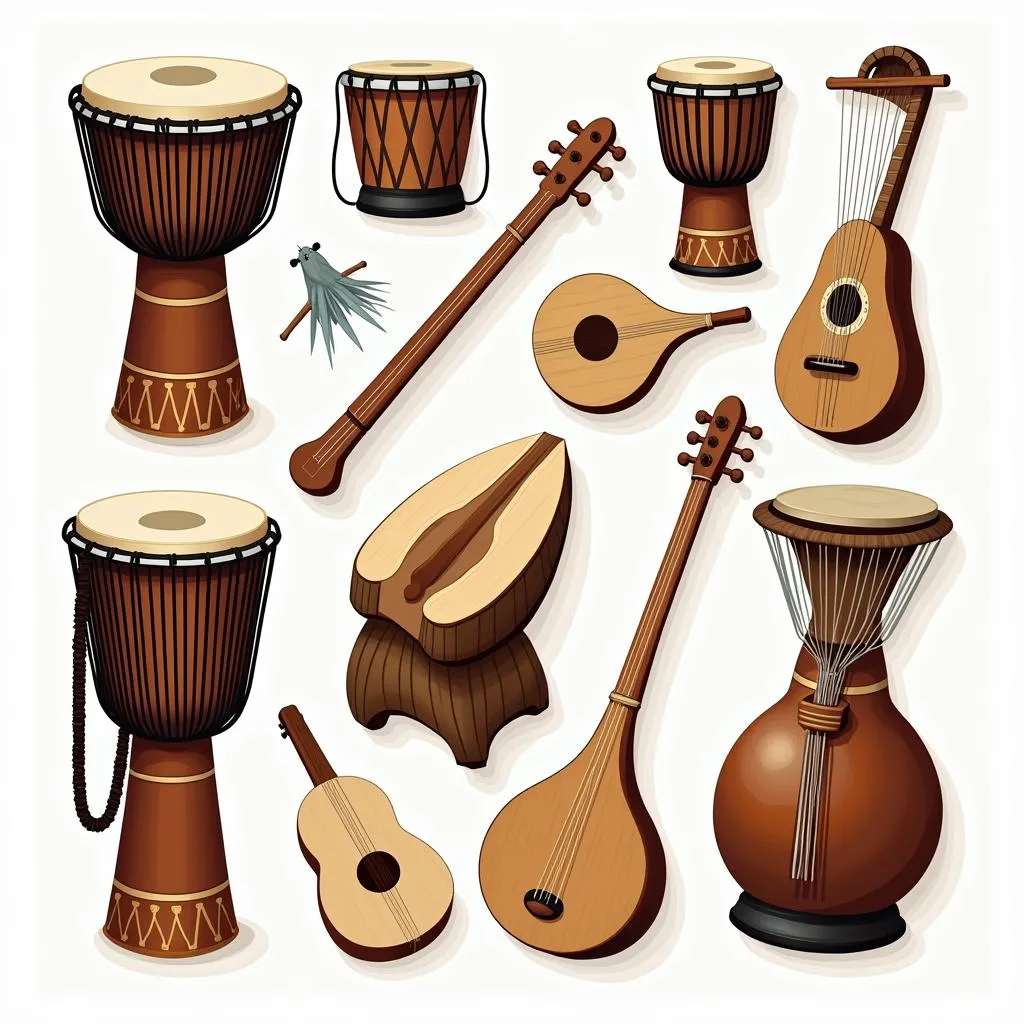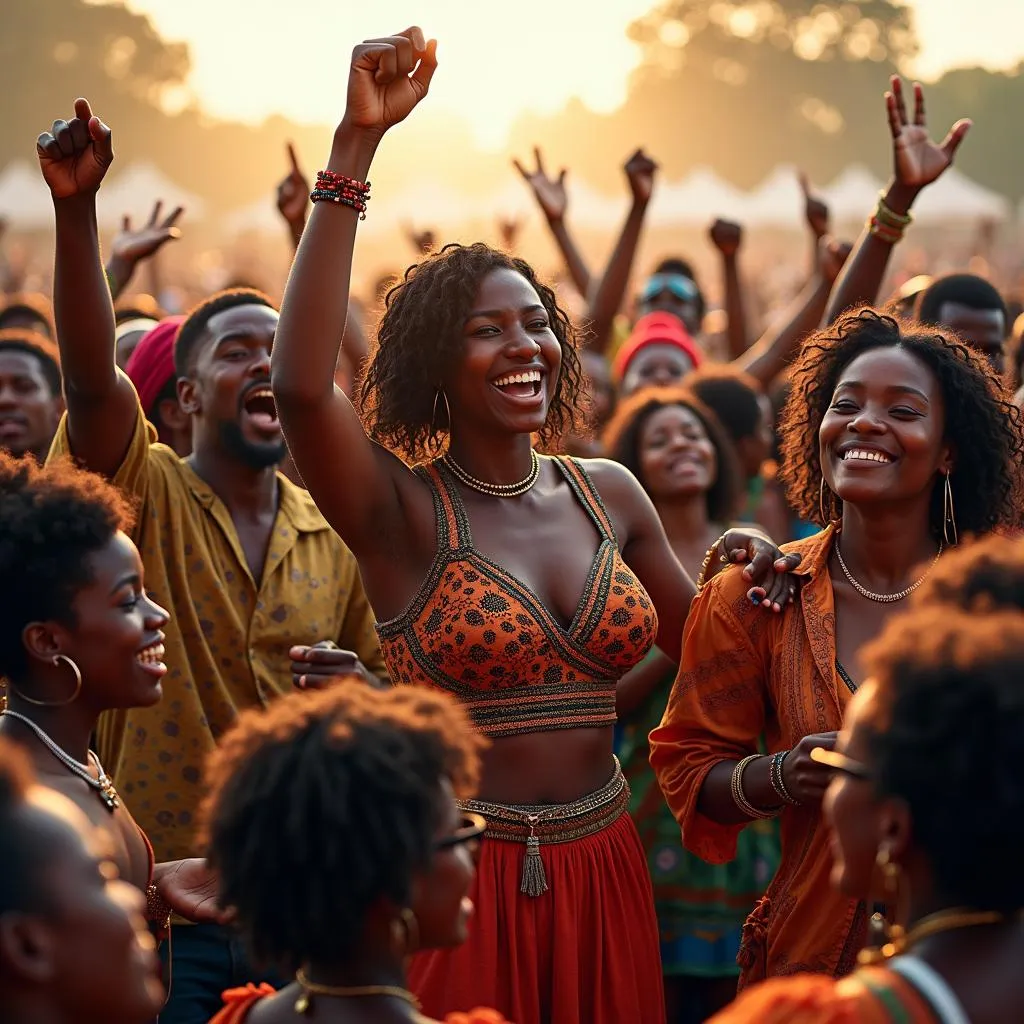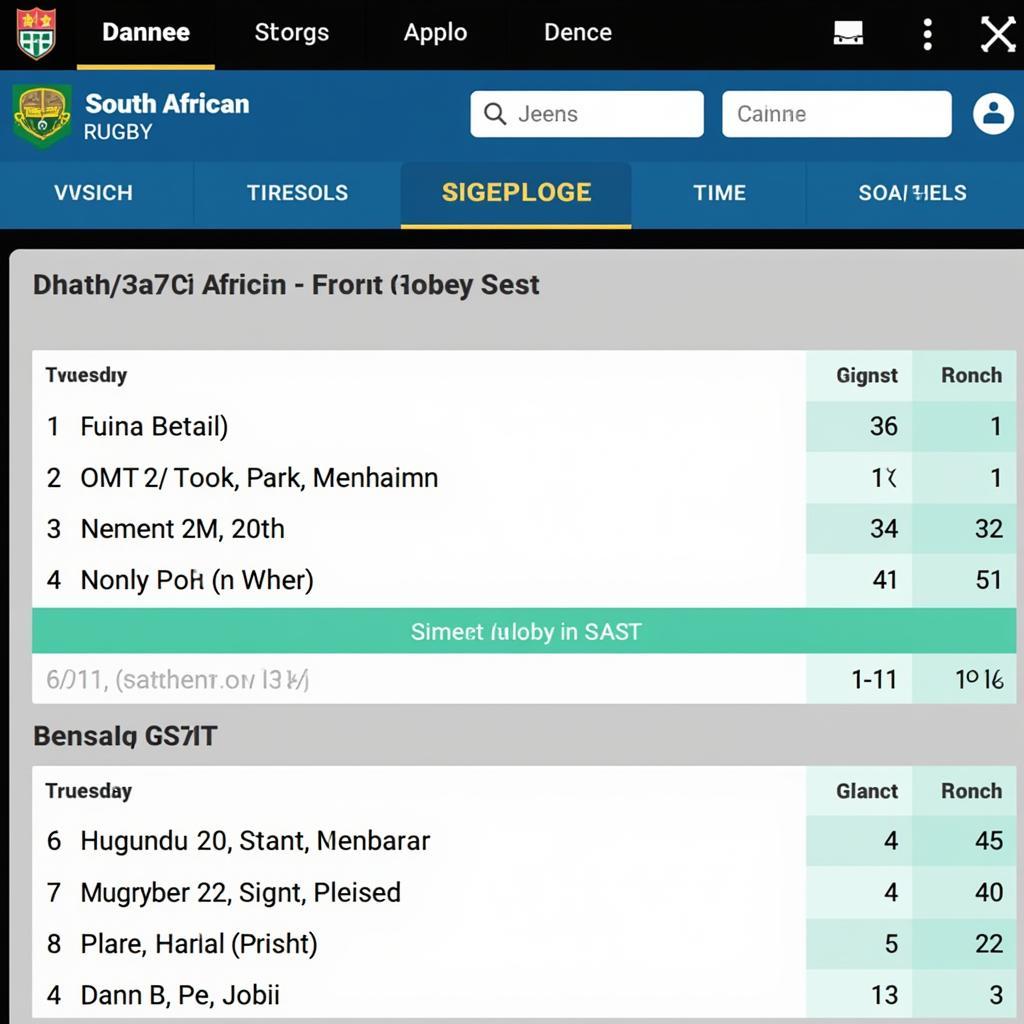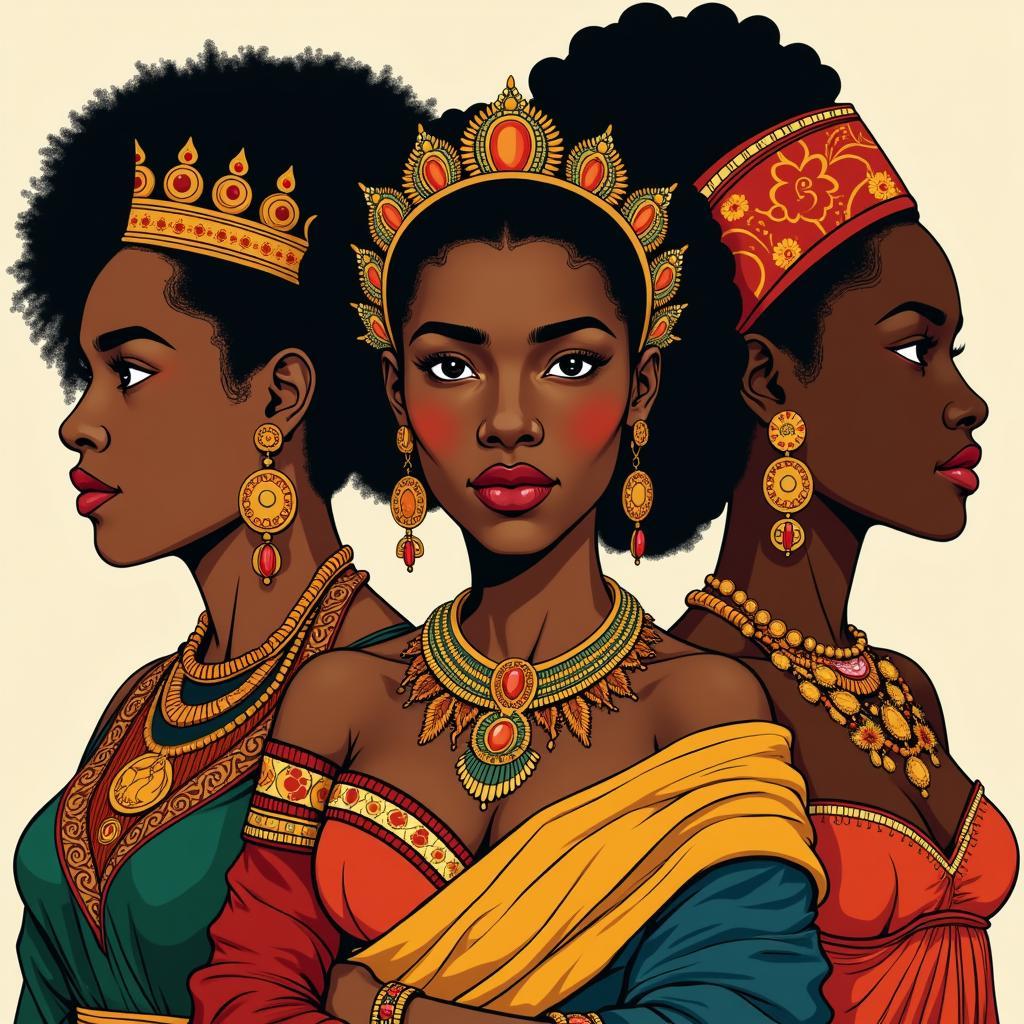Understanding the Power of African Music: Exploring Rhythms, Instruments, and Cultural Significance
African music is an incredibly diverse and powerful art form that plays a central role in the lives of people across the continent. From the pulsating rhythms of West Africa to the soulful melodies of South Africa, African music encompasses a vast array of styles, instruments, and cultural traditions. In this article, we will delve into the fascinating world of African music, exploring its key features, instruments, and its profound cultural significance.
The Rhythmic Heart of Africa
One of the most striking aspects of African music is its undeniable rhythm. Whether it’s the intricate polyrhythms of Ghana or the hypnotic beats of South African kwaito, African music often features complex and layered rhythms that create a driving and infectious energy. This rhythmic foundation serves as the backbone of much African music, providing a foundation for melodies, harmonies, and vocals to flourish.
The Instruments of Africa
African music is also known for its unique and diverse array of instruments. Traditional instruments, often crafted from natural materials, play a crucial role in shaping the soundscape of African music. Some of the most iconic instruments include:
- Djembe: This versatile drum, originating from West Africa, is known for its deep resonant sound and is used in a wide range of musical genres.
- Kora: This 21-stringed harp-like instrument, popular in West Africa, produces a beautiful and ethereal sound that is often used for both solo performances and accompanying vocals.
- Mbira: Also known as the “thumb piano,” this instrument, commonly found in Zimbabwe and other parts of southern Africa, produces a delicate and enchanting melody.
- Balafon: This xylophone-like instrument, originating in West Africa, features wooden bars that are struck with mallets to create a bright and melodic sound.
These instruments, alongside others like the talking drum, the ngombi, and the flute, all contribute to the rich tapestry of sounds that characterize African music.
The Cultural Significance of African Music
Music in Africa is not merely entertainment but a profound expression of culture, identity, and community. It plays a vital role in ceremonies, rituals, storytelling, and social gatherings. Some examples include:
- Wedding Ceremonies: In many African cultures, music is an essential part of wedding celebrations, often featuring songs and dances that reflect the joy and unity of the occasion.
- Funeral Rituals: Music is also used to mourn the deceased and honor their memory, with specific songs and rhythms that reflect the solemnity of the occasion.
- Storytelling: In many African cultures, music is used to tell stories, passing down historical narratives, myths, and legends through generations.
- Social Gatherings: Music plays a central role in bringing people together, creating a sense of shared experience and fostering community spirit.
The Global Impact of African Music
African music has had a profound impact on music across the globe. Its rhythms, melodies, and instruments have influenced countless genres, including jazz, blues, rock and roll, and hip hop. Artists like Miriam Makeba, Salif Keita, and Fela Kuti have brought African music to global audiences, showcasing the continent’s musical heritage.
Exploring Further: A World of Musical Diversity
There is a vast amount of fascinating information about African music waiting to be discovered. From the intricate polyrhythms of the Kora to the soulful melodies of South African township music, African music offers a rich tapestry of sounds and cultural traditions. This is just a glimpse into the world of African music; the journey of exploration is just beginning.
 A diverse range of instruments used in African music
A diverse range of instruments used in African music
Frequently Asked Questions
Q: What are some of the most popular genres of African music?
A: Some of the most popular genres include Highlife (Ghana), Soukous (Congo), Juju (Nigeria), Mbalax (Senegal), and Kwaito (South Africa).
Q: How can I learn more about African music?
A: There are numerous resources available to delve deeper into African music. You can explore online resources, listen to music streaming services, attend live performances, and read books and articles on the topic.
Q: Is African music still evolving?
A: Absolutely! African music continues to evolve, blending traditional elements with modern influences to create new and exciting sounds.
 A vibrant African music festival showcasing diverse styles
A vibrant African music festival showcasing diverse styles
Let’s continue the conversation! If you have any questions, please feel free to reach out. We’re always eager to share our passion for African music and its rich cultural heritage.
For more information, you can reach us at:
Phone: +255768904061
Email: [email protected]
Address: Mbarali DC Mawindi, Kangaga, Tanzania
We are available 24/7 to answer your questions.
This article is dedicated to exploring the amazing world of African music, its rhythms, instruments, cultural significance, and its impact on music worldwide. Stay tuned for more exciting insights into this dynamic and captivating art form.


